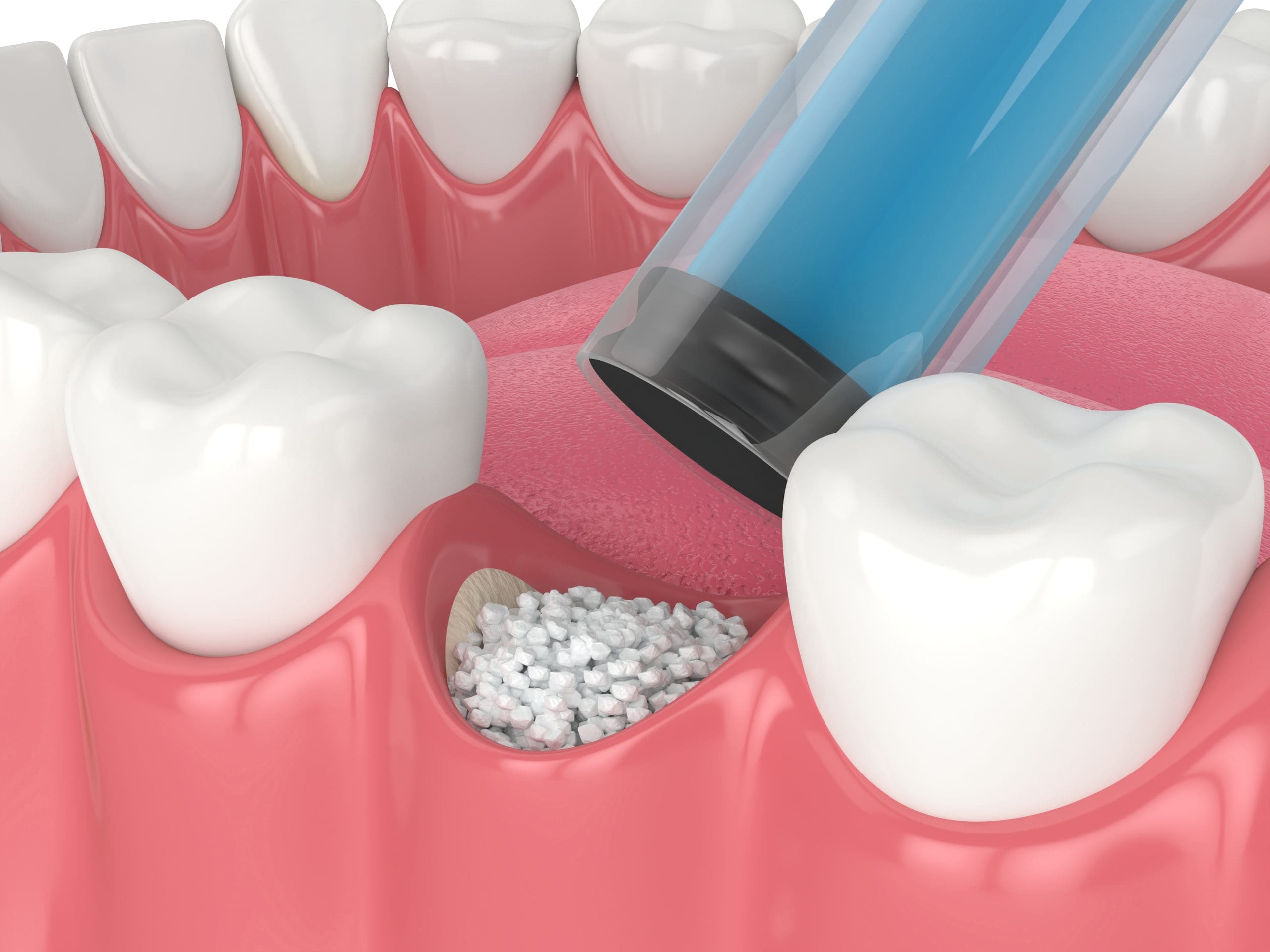Have you ever wondered about the bone grafting benefits and why it’s considered an important procedure in medical treatments? Bone grafting is a technique used to promote bone healing, fill in areas where bone is absent, and provide structural stability to various parts of the skeleton. This process is crucial in helping individuals recover from injuries and surgeries, ensuring that bones heal properly and maintain their functionality.
Bone Grafting Benefits: Why It’s Important
One of the primary bone grafting benefits is its ability to enhance jawbone stability and strength. When a jawbone experiences atrophy due to tooth loss or other factors, it can become less stable, potentially affecting facial structure and oral health. Bone grafting procedures help to rebuild the bone, providing the necessary support for dental implants and contributing to overall facial aesthetics.
For individuals interested in understanding the different approaches to this procedure, reading about the Types of Bone Grafts: Explained Simply can provide valuable insights into how each method supports the restoration of jawbone integrity and function.
Supports Dental Implant Success
Bone grafting plays a pivotal role in the success of dental implants. When a tooth is missing, the jawbone can begin to deteriorate over time due to lack of stimulation, which can make the placement of dental implants challenging. Bone grafting helps to rebuild the jawbone, providing a solid foundation for the implant. This process not only enhances the stability of the implant but also contributes to a higher success rate of the dental implant procedure.
The integration of bone grafts with the natural bone creates a more robust site for implant placement. This is crucial for the longevity and functionality of the dental implant, ensuring that it can withstand the forces of chewing and speaking. Explore Bone Grafting Options in New Haven.
Prevents Bone Loss After Tooth Extraction
One of the significant bone grafting benefits is its role in preventing bone loss following a tooth extraction. When a tooth is removed, the jawbone in that area can begin to deteriorate due to the absence of tooth roots that stimulate bone growth. Bone grafting helps maintain the structure and density of the jawbone, ensuring that the extraction site remains robust and intact. This is crucial for maintaining the overall health and stability of the surrounding teeth and jaw area.
Promotes Natural Bone Growth
One of the primary bone grafting benefits is its ability to promote natural bone growth. This process is crucial for those who have experienced bone loss due to injury, disease, or aging. By providing a scaffold, bone grafts help facilitate the growth of new bone cells, which integrate with the existing bone structure over time. This natural regeneration is essential for maintaining bone health and overall skeletal integrity. For more information on how this process is handled professionally, consider visiting New Haven Dentist at New Haven Dental Center Family & Cosmetic Dentistry.
Improves Facial Bone Structure
Bone grafting benefits extend beyond medical healing and touch on aesthetic advantages, particularly in improving facial bone structure. This procedure is crucial for those who have suffered bone loss due to injury, congenital defects, or disease, leading to a compromised facial profile. By restoring the proper contours of the facial bones, bone grafting helps in maintaining the natural symmetry of the face, thus enhancing overall appearance and structural integrity. This not only supports any further dental work but also contributes to the fundamental framework of facial features.
Reduces Risk of Bone Resorption
One of the significant bone grafting benefits is its ability to reduce the risk of bone resorption, a common issue where bone mass decreases due to the lack of stimulation and support previously provided by natural teeth. This process can lead to further dental complications and affect facial structure integrity. Bone grafting promotes bone growth and helps maintain the jawbone’s strength and density, ensuring a stable foundation for future dental implants and preserving the patient’s facial aesthetics. This preventative measure is crucial for long-term oral health and overall well-being.
Increases Longevity of Dental Restorations
Bone grafting benefits extend significantly to enhancing the longevity of dental restorations. By providing a solid and stable foundation, bone grafts help in maintaining the alignment and integrity of implants and other restorative structures. This process not only improves the overall success rate of dental implants but also ensures that they last longer, reducing the need for future corrective procedures. With bone grafting, patients can enjoy a more durable and reliable dental restoration, which contributes to better oral health and aesthetics.
Helps Maintain Natural Teeth Alignment
One of the significant bone grafting benefits is its role in maintaining natural teeth alignment. When a tooth is lost, the surrounding bone can deteriorate, leading to shifting and misalignment of the remaining teeth. Bone grafting helps prevent this by preserving or augmenting the jawbone, ensuring that the natural alignment of your teeth is maintained. This not only contributes to a healthier oral structure but also supports overall dental aesthetics, making it a crucial procedure for long-term dental health.
Provides Foundation for Future Procedures
Bone grafting benefits extend beyond just filling the gaps where bone is missing; it crucially provides a solid foundation for future dental procedures. This foundational support is essential for the success of implants, bridges, and other restorative practices. By promoting bone growth and stability, bone grafting ensures that subsequent treatments not only fit perfectly but also last longer and function better. Understanding these benefits highlights why bone grafting is a pivotal step in comprehensive dental rehabilitation and long-term oral health.
Conclusion
Exploring bone grafting benefits reveals its significance in various medical contexts. For further inquiries, feel free to call us at 260-748-3696 or read our reviews on Google Maps.
